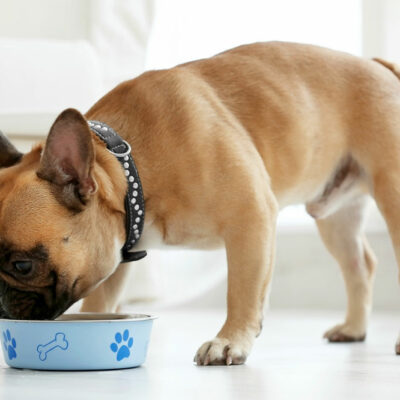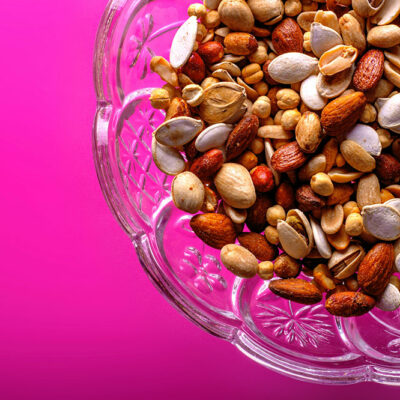
5 Lifestyle Tips to Manage Overactive Bladder
Living with a condition like an overactive bladder is not only physically but also emotionally challenging. Of course, your doctors will prescribe you medications and a treatment plan. But, there are also a few lifestyle tips to manage an overactive bladder. Read on to know five lifestyle tips to manage an overactive bladder.
- Keep a tab on your symptoms
It is almost mandatory for someone with an overactive bladder to keep a tab on all your symptoms and routinely discuss it with your doctor. If you observe closely, you can conclude that there are always a few signs and foods that trigger your bladder. So, the doctor will address these triggers and then refer to a specialist.
- Limit alcohol and caffeine consumption
Both alcohol and caffeine have a diuretic impact on the body, increasing the quantity of urine produced in a day. If you experience constant trouble in controlling the bladder, consider reducing your intake of caffeinated beverages. Chocolate, soda, tea, and coffee are common caffeine sources. You could either curtail their consumption or eliminate them from your diet.
- Try Kegels exercise
Kegel exercises go a long way in training your bladder and making it stronger. It is an essential lifestyle tip to manage an overactive bladder. These exercises are more commonly known as pelvic floor muscle exercises. It is easy to perform these exercises; however, before you start, you should locate your pelvic floor muscles. So, when you pee, try and stop the flow midstream. The muscles that help you do it are your pelvic floor muscles. These exercises, though passive, are highly targeted. To make it more effective, set up a schedule, and stick by it as much as possible. Whenever you feel an urge to urinate not as per schedule, force your bladder to wait a bit longer. Though uncomfortable initially, you will be better adept at controlling your pelvic floor muscles with time.
- Monitor your fluid intake
Though we have heard time and again that each one of us must have a standardized amount of water every day because it is healthy, it is not true for everyone. Our bodies process fluids depending on what we eat, the physical activity we engage in, and our environment. For some people, drinking eight glasses of water might be significant. For others, it might be less or too much. So, consider these conditions, and then decide the amount of water you should drink.
- If overweight, lose weight
Studies reveal that losing weight reduces the symptoms of overactive bladder and urinary incontinence. When you are overweight, the pressure on your abdomen is high, pressuring the bladder. Losing weight would alleviate the pressure on all the areas, including your bladder.


